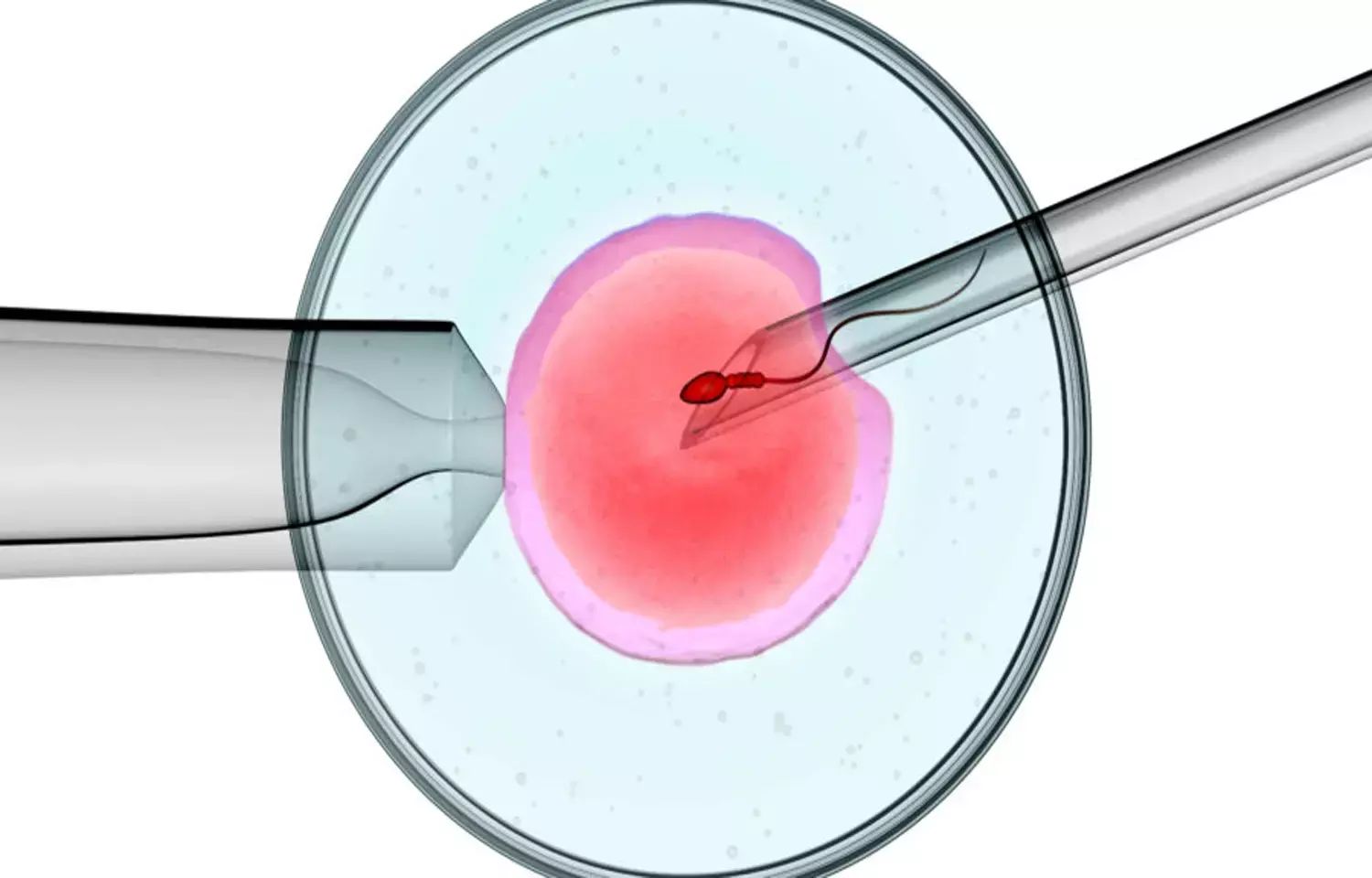- Home
- Medical news & Guidelines
- Anesthesiology
- Cardiology and CTVS
- Critical Care
- Dentistry
- Dermatology
- Diabetes and Endocrinology
- ENT
- Gastroenterology
- Medicine
- Nephrology
- Neurology
- Obstretics-Gynaecology
- Oncology
- Ophthalmology
- Orthopaedics
- Pediatrics-Neonatology
- Psychiatry
- Pulmonology
- Radiology
- Surgery
- Urology
- Laboratory Medicine
- Diet
- Nursing
- Paramedical
- Physiotherapy
- Health news
- Fact Check
- Bone Health Fact Check
- Brain Health Fact Check
- Cancer Related Fact Check
- Child Care Fact Check
- Dental and oral health fact check
- Diabetes and metabolic health fact check
- Diet and Nutrition Fact Check
- Eye and ENT Care Fact Check
- Fitness fact check
- Gut health fact check
- Heart health fact check
- Kidney health fact check
- Medical education fact check
- Men's health fact check
- Respiratory fact check
- Skin and hair care fact check
- Vaccine and Immunization fact check
- Women's health fact check
- AYUSH
- State News
- Andaman and Nicobar Islands
- Andhra Pradesh
- Arunachal Pradesh
- Assam
- Bihar
- Chandigarh
- Chattisgarh
- Dadra and Nagar Haveli
- Daman and Diu
- Delhi
- Goa
- Gujarat
- Haryana
- Himachal Pradesh
- Jammu & Kashmir
- Jharkhand
- Karnataka
- Kerala
- Ladakh
- Lakshadweep
- Madhya Pradesh
- Maharashtra
- Manipur
- Meghalaya
- Mizoram
- Nagaland
- Odisha
- Puducherry
- Punjab
- Rajasthan
- Sikkim
- Tamil Nadu
- Telangana
- Tripura
- Uttar Pradesh
- Uttrakhand
- West Bengal
- Medical Education
- Industry
No negative impact of Paracetamol use on semen quality of young men: Danish Study

Paracetamol (acetaminophen) is a common over-the-counter painkiller with hormone disruptive effects. There is little epidemiological evidence on the effect of paracetamol on male fecundity.
According to a new research undertaken by Cecilie Schmidt Stergaard and colleagues, there is no significant negative effect of paracetamol usage on semen quality in this sample of young Danish males. The consequences of high-dose and regular usage, on the other hand, cannot be ruled out. The findings of this study were published in Andrology journal on 15th November, 2021.
The objective of this study was to see if using paracetamol as an oral non-prescription moderate painkiller was related to sperm quality in young males. The data for this cross-sectional investigation came from the Fetal Programming of Semen Quality (FEPOS; 2017–2019) cohort of 1,058 young males (18–21 years) in the Danish National Birth Cohort.
Participants filled out a detailed online questionnaire on their health behaviors, including painkiller usage, and gave a sperm sample. The percentage differences (adjusted mean ratios (aMR)) in semen quality features were estimated using negative binomial regression models based on paracetamol usage (no; yes) and frequency of use (Almost never; 1/month; 1/month; 1/week).
The results stated as follows; in all, 28 percent of the 913 individuals having data reported using paracetamol in the previous six months. We discovered that users had a slightly greater total sperm count than non-users, but other sperm parameters were unchanged. The frequency of usage was associated with a reduced total sperm count and morphologically normal sperm cells, mainly among users 1/week; nevertheless, the confidence intervals were broad.
In conclusion, from the findings of this study it is advisable for the young men to restrain from frequent use of paracetamol specially at high doses. However further studies is needed to validate the above effects completely.
Reference:
Østergaard, C. S., Ernst, A., Gaml‐Sørensen, A., Brix, N., Toft, G., Hærvig, K. K., Hougaard, K. S., Bonde, J. P., Tøttenborg, S. S., & Ramlau‐Hansen, C. H. (2021). Use of paracetamol (acetaminophen) as a non‐prescription analgesic and semen quality in young men ‐ a cross‐sectional study. In Andrology. Wiley. https://doi.org/10.1111/andr.13129
Medical Dialogues consists of a team of passionate medical/scientific writers, led by doctors and healthcare researchers. Our team efforts to bring you updated and timely news about the important happenings of the medical and healthcare sector. Our editorial team can be reached at editorial@medicaldialogues.in.
Dr Kamal Kant Kohli-MBBS, DTCD- a chest specialist with more than 30 years of practice and a flair for writing clinical articles, Dr Kamal Kant Kohli joined Medical Dialogues as a Chief Editor of Medical News. Besides writing articles, as an editor, he proofreads and verifies all the medical content published on Medical Dialogues including those coming from journals, studies,medical conferences,guidelines etc. Email: drkohli@medicaldialogues.in. Contact no. 011-43720751


